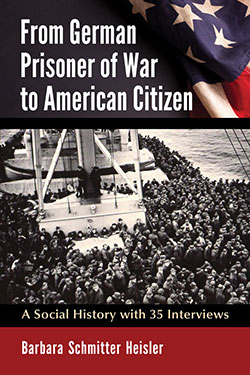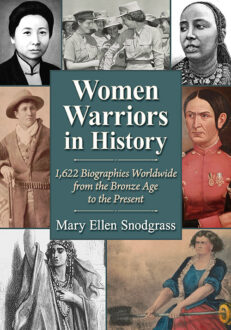From German Prisoner of War to American Citizen
A Social History with 35 Interviews
$39.95
In stock
About the Book
Among the many German immigrants to the United States over the years, one group is unusual: former prisoners of war who had spent between one and three years on American soil and who returned voluntarily as immigrants after the war. Drawing on archival sources and in-depth interviews with 35 former prisoners who made the return, the book outlines the conditions that defined their unusual experiences and traces their journeys from captive enemies to American citizens. Although the respondents came from different backgrounds, and arrived in America at different times between 1943 and 1945, their experiences as prisoners of war not only left an indelible impression, they also provided them with opportunities and resources that helped them leave Germany behind and return to the place “where we had the good life.”
About the Author(s)
Bibliographic Details
Barbara Schmitter Heisler
Format: softcover (6 x 9)
Pages: 212
Bibliographic Info: notes, bibliography, index
Copyright Date: 2013
pISBN: 978-0-7864-7311-3
eISBN: 978-1-4766-0211-0
Imprint: McFarland
Table of Contents
Table of Contents
Preface 1
Introduction 5
1—The Germans Are Coming 19
2—An Astonishing Introduction: Thirty-five POWs Experience America 38
3—Repatriation to Germany and Return to America 97
4—Pathways to Immigration: From German Prisoner of War to American Citizen 154
5—Prisoners of War and International Migration 166
Chapter Notes 177
Bibliography 191
Index 201
Book Reviews & Awards
“recommended”—Choice; “a fascinating and relevant look at how these men were treated as prisoners, how they interacted with American military and civilians, and how these experiences affected their decisions to immigrate after the war”—Genevapow.com.






